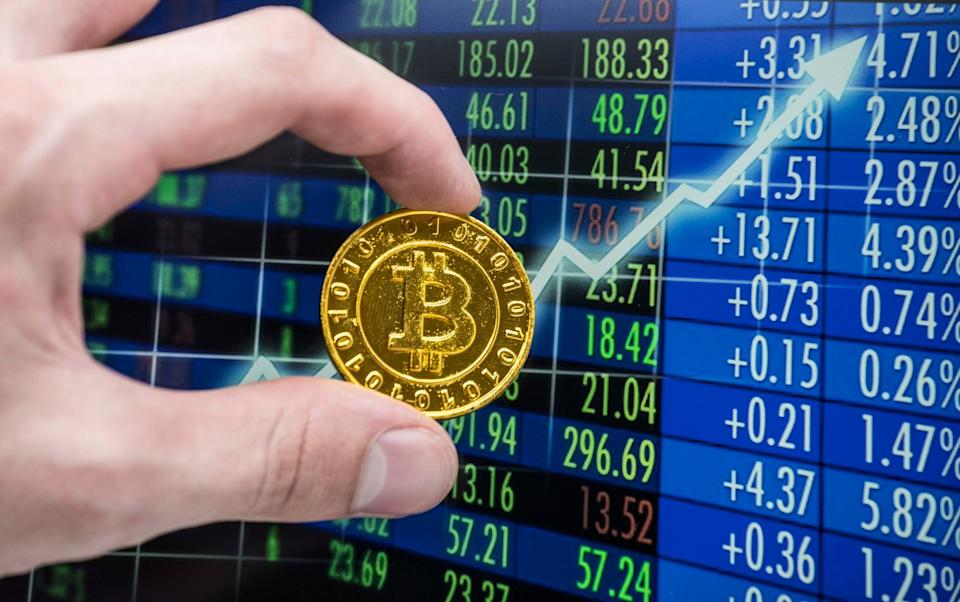
5 Best Crypto Investments Besides Bitcoin for the Rest of 2025
Key Points
- Ethereum (ETH) remains a top altcoin with strong market cap, ongoing upgrades, and dominance in DeFi, NFTs, and dApps, bolstered by potential layer-2 scaling solutions.**
- Solana (SOL) offers long-term investment potential despite a recent dip in portfolio holdings, thanks to its low-cost, high-volume transaction capabilities for DeFi and NFT projects.**
- XRP (Ripple) is gaining traction with doubled portfolio holdings, driven by potential ETF approval and its efficiency in fast, low-cost cross-border payments.**
- Chainlink (LINK) is a key player in decentralized oracles, essential for DeFi and Web3 growth, making it a valuable portfolio addition.**
- Tron (TRX) is an under-the-radar blockchain with high usage for stablecoin transactions and cheaper smart contract operations, with potential ETF approval on the horizon.**
Summary
As Bitcoin continues to lead the cryptocurrency market with strong institutional adoption, investors are increasingly eyeing altcoins for diversification and high potential returns in 2025. Ethereum (ETH) holds its position as the second-largest crypto by market cap, benefiting from renewed interest, network upgrades, and dominance in DeFi, NFTs, and dApps. Solana (SOL), despite a recent drop in portfolio holdings, remains a compelling long-term investment due to its low-cost, high-volume transaction capabilities. XRP (Ripple) has seen a surge in investor interest, with portfolio holdings doubling, fueled by speculation of an ETF approval and its utility in cross-border payments. Chainlink (LINK) stands out as the leading decentralized oracle network, critical for DeFi and Web3 applications. Lastly, Tron (TRX) is gaining traction as a cost-effective blockchain for stablecoin transactions and smart contracts, with a potential ETF filing adding to its appeal. These five altcoins present diverse opportunities for investors looking beyond Bitcoin to enhance their crypto portfolios for the remainder of 2025.
yahoo
July 5, 2025
Crypto


